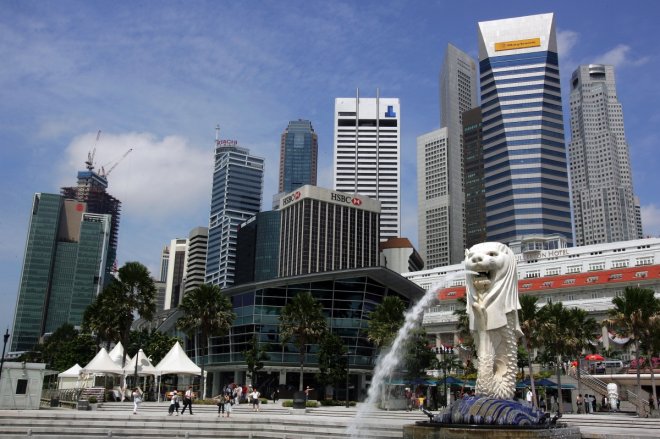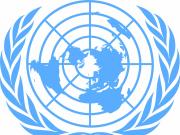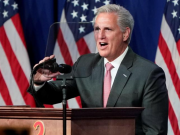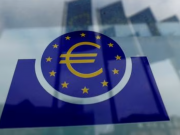
Singapore office workers spend one-third of their working time in administrative or repetitive tasks and have been ranked the least productive among 11 countries, revealed a poll conducted by Unit4, an enterprise software firm, which is essentially pitching for higher levels of automation.
The study conducted by DJS Research in April/May 2017 for the software firm Unit 4 compared the global productivity and the time office workers spend on primary work. Its findings showed that office workers spend 552 hours on average in a year, the equivalent to 69 work days or roughly one-third of the working year. Finally, it translates into more than US$5 trillion in lost productivity every year.
The survey was conducted among office-based employees in the US, Canada, United Kingdom, Australia, Singapore, Spain, France, Netherlands, Germany, Norway and Sweden. It included responses from 1,505 employees of companies with at least 100 staff members and 100 responses from each country.
Respondents in Singapore spend the least time on their core duties at 60 per cent, compared with a poll average of 72 per cent. The study found that approximately 380 hours a year are lost on administrative or repetitive tasks, amounting to huge loss equivalent to 47.5 work days or two months of the entire working year.
The study is not new as several studies in the past have pointed out the declining labour productivity in Singapore due to structural transformation and ageing population. Singapore workers who participated in the survey attributed the loss to daily administrative tasks such as manually collating and entering data, tracking their project status, handling invoices and submitting their routine expenses or travel plans.
Though the first glance at the data reveals what US futurologist Alvin Toffler foresaw in his 'Future Shock' and described it as 'cubby-holism', the CEO of Unit4 company puts it succinctly: "We commissioned the research to understand the views of workers, like those employed by its customers, on how adopting new technology to help automate non-value add tasks, could help them be more productive."
Stephan Sieber, CEO of Unit4 is, of course, seeking to offer software solutions to eliminate administrative or repetitive tasks to save cost but Singapore, which has pioneered Asian resurgence is caught unawares as the 'least productive nation' among the developed world in just two decades after showcasing its marvelous industrilisation and modernization to the world.
Though the survey is beset with several shortcomings and erratic sampling, the message is clear. Singapore and other Asian Tigers of erstwhile Eighties should decipher the inevitable 'Future Shock' or prepare to perish.









